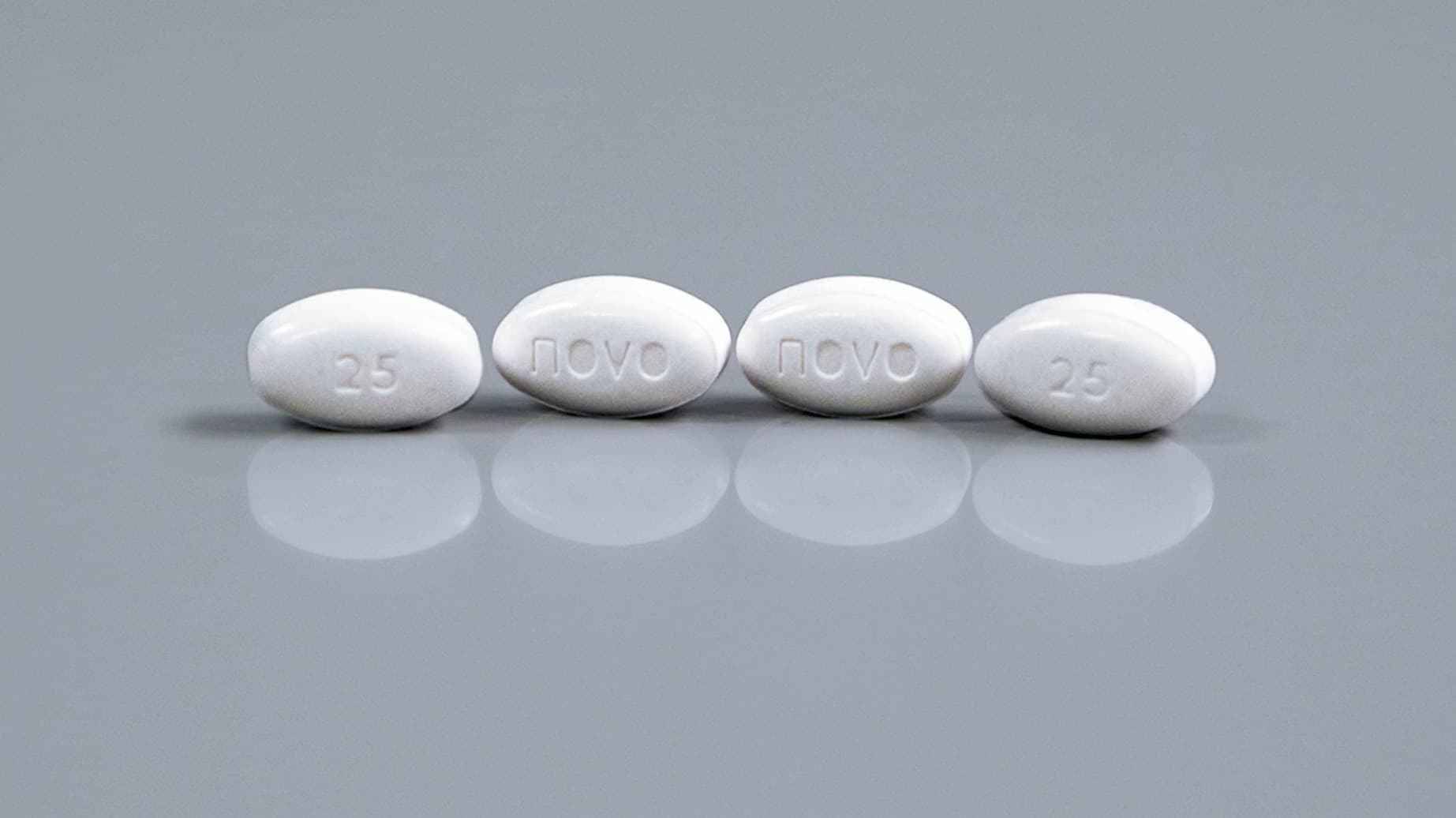
Economical Horror Indie ‘The Arborist’ Outshines Ryan Coogler’s ‘Sinners,’ in Many Respects
By MARIO NAVES
|Liberals see criminals as victims of their circumstances, such as poor homes or education — themselves the consequence of social injustice.

Already have a subscription? Sign in to continue reading
$0.01/day for 60 days
Cancel anytime
By continuing you agree to our Privacy Policy and Terms of Service.

By MARIO NAVES
|
By LUKE FUNK
|
By MARIE POHL
|
By DAVID JONES
|
By NOVI ZHUKOVSKY
|
By DONALD KIRK
|
By LUKE FUNK
|
By BRADLEY CORTRIGHT
|